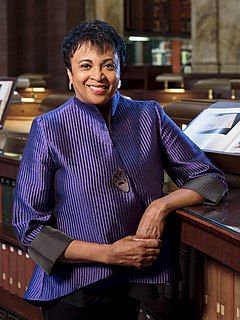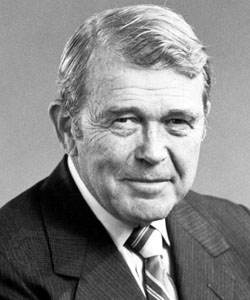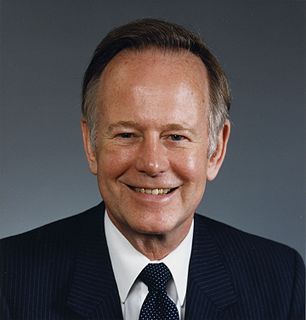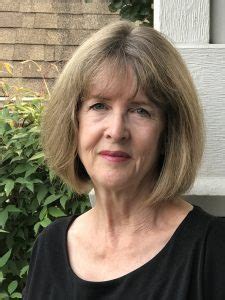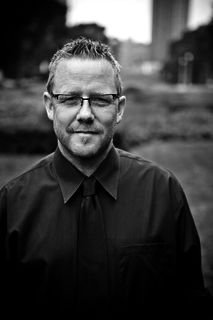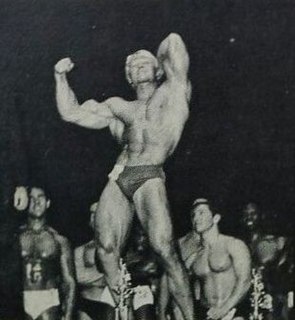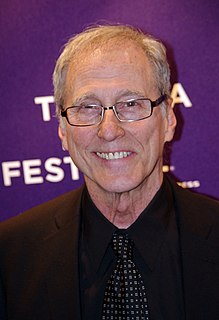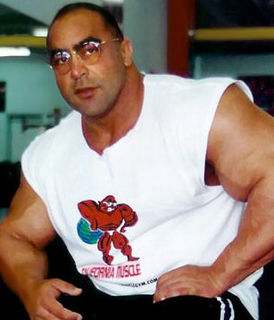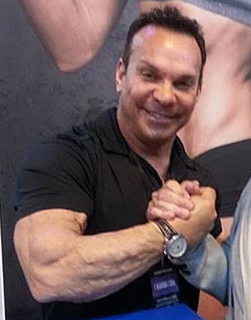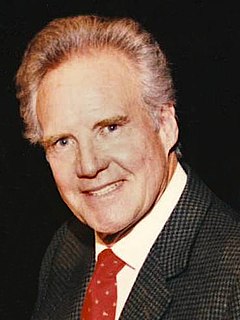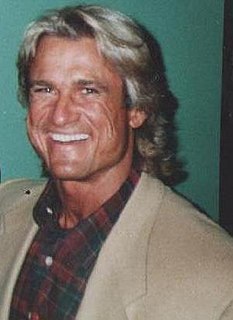A Quote by Kai Greene
There are volumes and libraries of information in our minds and we are continually weighing information. We hear new things, we compare it with things we've heard before, and we take from it what we feel is pertinent and throw away what we feel isn't necessary.
Related Quotes
Creative people have an abiding curiosity and an insatiable desire to learn how and why things work. They take nothing for granted. They are interested in things around them and tend to stow away bits and pieces of information in their minds for the future use. And, they have a great ability to mobilize their thinking and experiences for use in solving a new problem.
The thing about new things is you feel new when you buy them, you feel as though you are somebody different because you own something different. We are our possessions, you know. There are people who get addicted to buying new stuff. Things. Piles and piles of things. But the new things become old things so quickly. We need new things to replace the old things.
One of the things I've started doing lately is tracking my dreams. I feel like there's a lot of information there and you can really bring those emotions to the situations that may feel mundane or familiar. That gives them new life and gives you a new relationship with it - if that makes any sort of sense.
Through the information the Pleiadians bring, we come into a new innate understanding of ourselves, and a new remembering. That really allows us to move forward on our path with that information. It's empowering. It puts things in perspective, back into place. It makes sense of everything that we are and what we're doing here, and what we have done and where we are going.
Most things are forgotten over time. Even the war itself, the life-and-death struggle people went through, is now like something from the distant past. We're so caught up in our everyday lives that events of the past, like ancient stars that have burned out, are no longer in orbit around our minds. There are just too many things we have to think about every day, too many new things we have to learn. New styles, new information, new technology, new terminology ... But still, no matter how much time passes, no matter what takes place in the interim, there are some things we can never assign to oblivion, memories we can never rub away. They remain with us forever, like a touchstone. And for me, what happened in the woods that day is one of these.
All over the world, there are libraries of a sort. They are among the most beautiful places on the earth, and they hold more information than the Library of Congress. Within these libraries are millions of books, each a uniques masterpiece to see and touch. They are teaching this language to scientists. However, so far only one percent of the books have been deciphered. Some tell how to find new medicines; others reveal new things to eat... These treasure houses of knowledge are the ancient forests of our planet.
We debase the richness of both nature and our own minds if we view the great pageant of our intellectual history as a compendium of new information leading from primal superstition to final exactitude. We know that the sun is hub of our little corner of the universe, and that ties of genealogy connect all living things on our planet, because these theories assemble and explain so much otherwise disparate and unrelated information not because Galileo trained his telescope on the moons of Jupiter or because Darwin took a ride on a Galápagos tortoise.
I feel that every day, all of us now are being blasted by information design. It's being poured into our eyes through the Web, and we're all visualizers now; we're all demanding a visual aspect to our information. There's something almost quite magical about visual information. It's effortless; it literally pours in.
The aim of scientific thought, then, is to apply past experience to new circumstances; the instrument is an observed uniformity in the course of events. By the use of this instrument it gives us information transcending our experience, it enables us to infer things that we have not seen from things that we have seen; and the evidence for the truth of that information depends on our supposing that the uniformity holds good beyond our experience.
Television is altering the meaning of 'being informed' by creating a species of information that might properly be called disinformation. Disinformation does not mean false information. It means misleading information - misplaced, irrelevant, fragmented or superficial information - information that creates the illusion of knowing something, but which in fact leads one away from knowing.
Libraries are at a cultural crossroads. Some proffer that libraries as we know them may go away altogether, ironic victims of the information age where Google has subverted Dewey decimal and researchers can access anything on a handheld device. Who needs to venture deep into the stacks when answers are but a click away?

